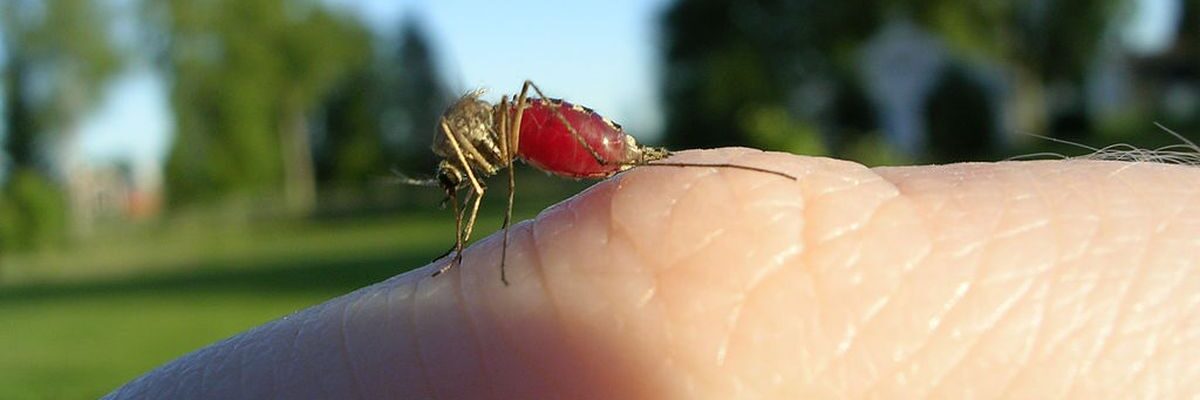Malaria is a life-threatening disease transmitted through the bite of an infected mosquito. While scientists have yet to develop a definitive vaccine for malaria, practicing preventive measures can significantly reduce your risk of infection. Here are some practical steps you can take to protect yourself and your loved ones from malaria.
Tips for Preventing Malaria
- Avoid areas with reported malaria cases. If travel to malaria-endemic areas is not essential, it is better to avoid visiting these regions altogether. Check travel advisories for updates on malaria-prone locations before planning your trips.
- Regularly spray insecticides at home. Mosquitoes, the primary carriers of malaria, can be repelled through regular use of insecticides. Ensure all corners of your home are treated to minimize mosquito presence.
- Use mosquito nets while sleeping. Sleeping under a mosquito net is one of the simplest and most effective ways to prevent mosquito bites, especially in areas with high mosquito activity.
- Wear long-sleeved clothing and pants. Covering exposed skin reduces the chances of mosquito bites. Choose lightweight and breathable fabrics to stay comfortable while protecting yourself.
- Apply insect repellents. Use lotions or sprays with proven effectiveness against mosquitoes. Look for repellents containing DEET, picaridin, or oil of lemon eucalyptus for optimal protection.
- Be prepared and alert when visiting endemic areas. If you cannot avoid traveling to areas where malaria is common, take all possible precautions, such as using prophylactic medications as prescribed by a doctor and following all protective measures diligently.
Preventing malaria requires a combination of awareness and proactive measures. By avoiding high-risk areas, protecting yourself from mosquito bites, and staying informed, you can greatly reduce your chances of contracting this disease. Always consult with a healthcare professional if you plan to travel to a malaria-prone region to get personalized advice and recommendations.


